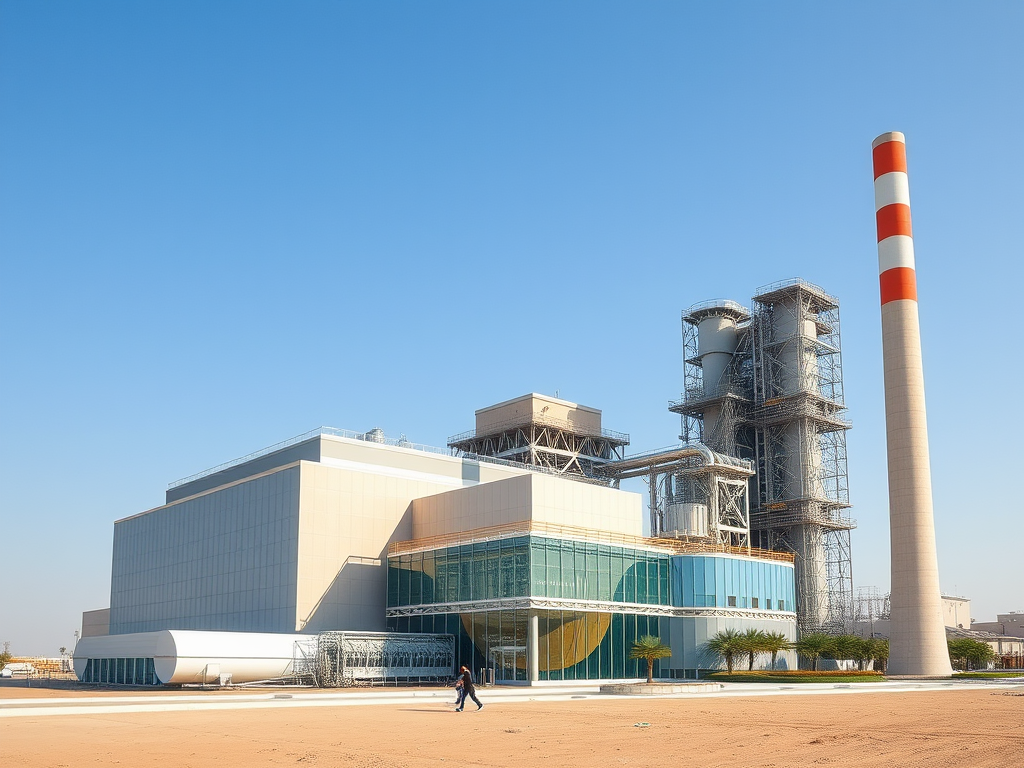Dubai’s real estate market presents an array of lucrative opportunities for investors, largely driven by its rapid development, favorable regulations, and global appeal. With its strategic location, diverse property offerings, and a vision for sustained growth, investing in Dubai’s real estate is not only an option but a potentially rewarding venture. As demand continues to rise, understanding the intricacies of the market is essential for navigating it successfully. This article aims to shed light on the key opportunities available for investors in the Dubai real estate market while providing insights into the strategies necessary for success.
Understanding Dubai’s Real Estate Landscape

The Dubai real estate market is a dynamic landscape defined by significant growth and diversification. It encompasses a variety of property types, including residential, commercial, and hospitality sectors that cater to locals and expatriates alike. The market is regulated by the Dubai Land Department, which ensures transparency and protection for investors. Following the 2008 global financial crisis, the Dubai real estate market saw substantial recovery and has been on an upward trend ever since, making it an attractive destination for investors looking for stability and growth prospects. Major developments such as the Expo 2020 site are transforming the market further, enhancing its allure. Overall, the landscape is characterized by both high returns and considerable risks, warranting a careful approach to investment.
Key Investment Opportunities in Dubai

Dubai offers a diversified range of investment opportunities that cater to different investor profiles and goals. Notable areas and opportunities include:
- Luxury Properties: The luxury real estate market is booming in Dubai, with high-net-worth individuals seeking exclusive villas, penthouses, and waterfront properties.
- Off-Plan Developments: Investing in off-plan properties can yield significant returns once the project is completed, allowing investors to enter the market at a lower price point.
- Commercial Real Estate: With a growing economy and influx of businesses, commercial properties such as office spaces and retail units present strong investment opportunities.
- Short-Term Rentals: The rise of platforms like Airbnb has made short-term rentals a profitable venture, especially in tourist hotspots throughout the city.
- Real Estate Investment Trusts (REITs): For those seeking a less hands-on investment approach, REITs allow investors to pool resources and invest in a portfolio of real estate assets.
To maximize success in the Dubai real estate market, investors should adopt effective strategies tailored to their objectives. Here are several key strategies to consider:
- Market Research: Conducting thorough research on current market trends, property valuations, and neighborhood demographics is vital for making informed decisions.
- Engaging Local Experts: Collaborating with local real estate agents or investment consultants provides insights and access to opportunities that may not be readily available in public domains.
- Understanding Legal Framework: Familiarize yourself with the legal aspects of property ownership, including freehold versus leasehold properties and the nationality restrictions.
- Diversifying Portfolio: Consider diversifying your investment portfolio by exploring different property types or locations within Dubai to spread risk.
- Financial Planning: Ensure that your investment aligns with a solid financial plan, accounting for potential costs such as maintenance fees, property taxes, and management expenses.
Risk Factors to Consider
Despite the opportunities, investing in Dubai’s real estate market comes with inherent risks that investors must acknowledge. Such risks include:
- Market Volatility: The real estate market can experience fluctuations due to economic changes, affecting property prices and rental yields.
- Regulatory Changes: Changes in property laws and regulations may impact ownership rights or investment returns, necessitating ongoing monitoring.
- Over-supply of Properties: Certain areas may experience an oversupply of housing, leading to decreased demand and potential losses for investors.
- Financing Challenges: Although mortgages are available, securing financing can be complex, and interest rate changes may impact your investment viability.
- Maintenance and Management Costs: Investors must account for ongoing costs associated with property management and maintenance, which can affect overall profitability.
Conclusion
Navigating the Dubai real estate market presents exciting opportunities for investors willing to engage with its complexities. By understanding the landscape, recognizing key investment prospects, and strategically positioning their investments, investors can reap substantial rewards. However, it is crucial to remain aware of the associated risks and employ best practices to mitigate them. Dubai’s reputation as a global hub continues to draw investors overseas, making it a thriving marketplace for real estate investment.
Frequently Asked Questions
1. Is Dubai a good place to invest in real estate?
Yes, Dubai offers a robust real estate market with potential for high returns, fueled by its growing economy and increasing demand for housing and commercial spaces.
2. What types of properties should I consider investing in?
Consider investing in luxury properties, off-plan developments, commercial real estate, short-term rentals, and Real Estate Investment Trusts (REITs) based on your investment goals.
3. Are there any restrictions on foreign investors in Dubai’s real estate market?
Foreign investors can purchase freehold properties in designated areas of Dubai, offering them full ownership rights. However, certain restrictions may apply to leasehold properties.
4. How can I finance a property in Dubai?
Financing options in Dubai include mortgages offered by local banks, but terms and conditions may vary, requiring thorough understanding and assessment of your financial situation.
5. What are the risks associated with investing in Dubai’s real estate market?
Risks include market volatility, regulatory changes, potential oversupply, financing challenges, and ongoing maintenance costs that every investor must consider carefully.




